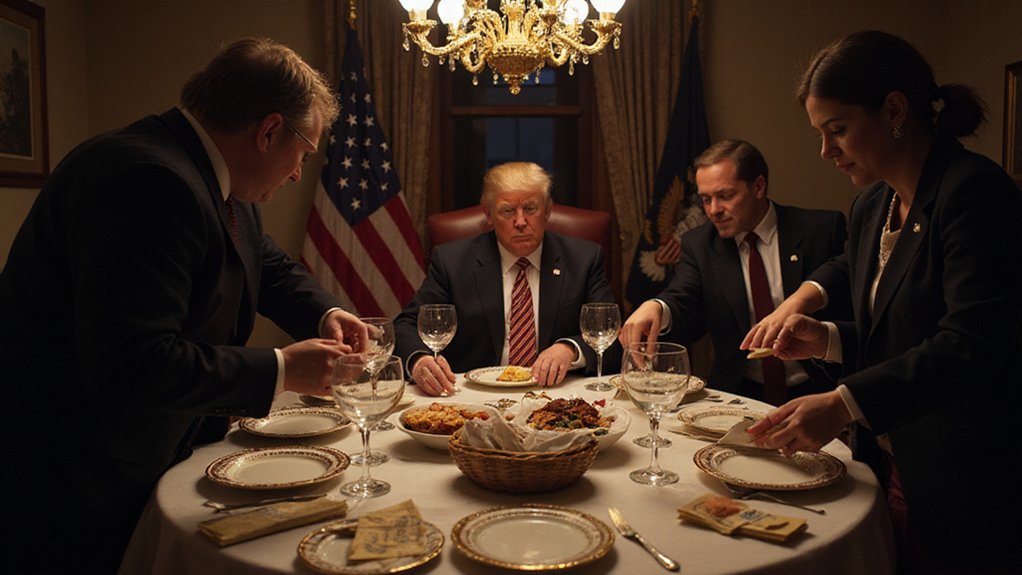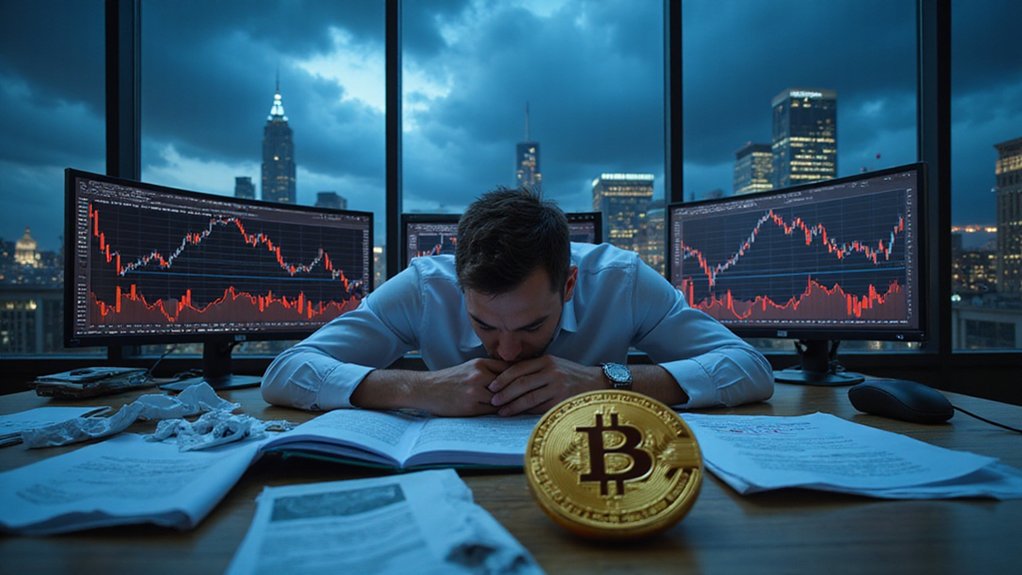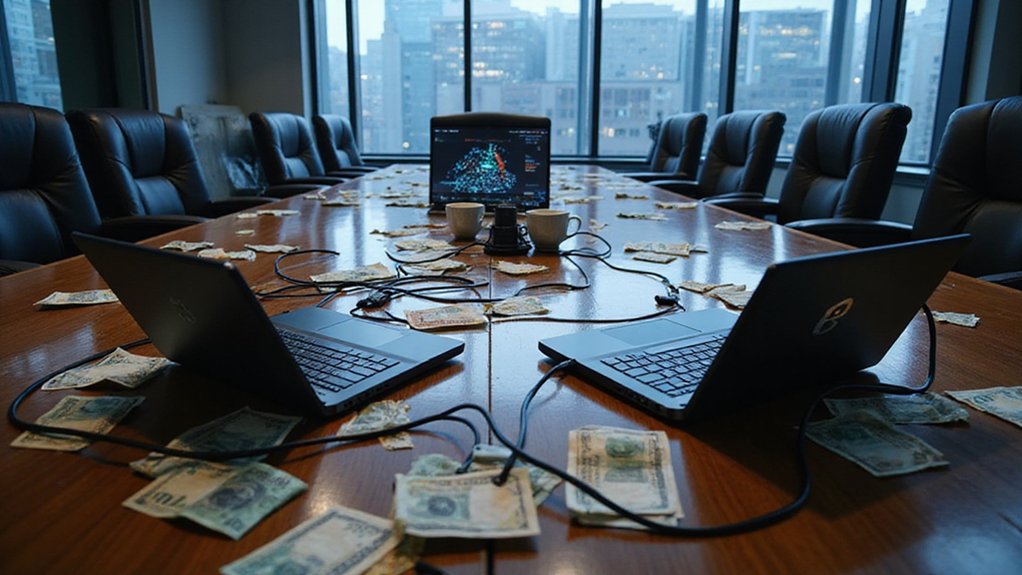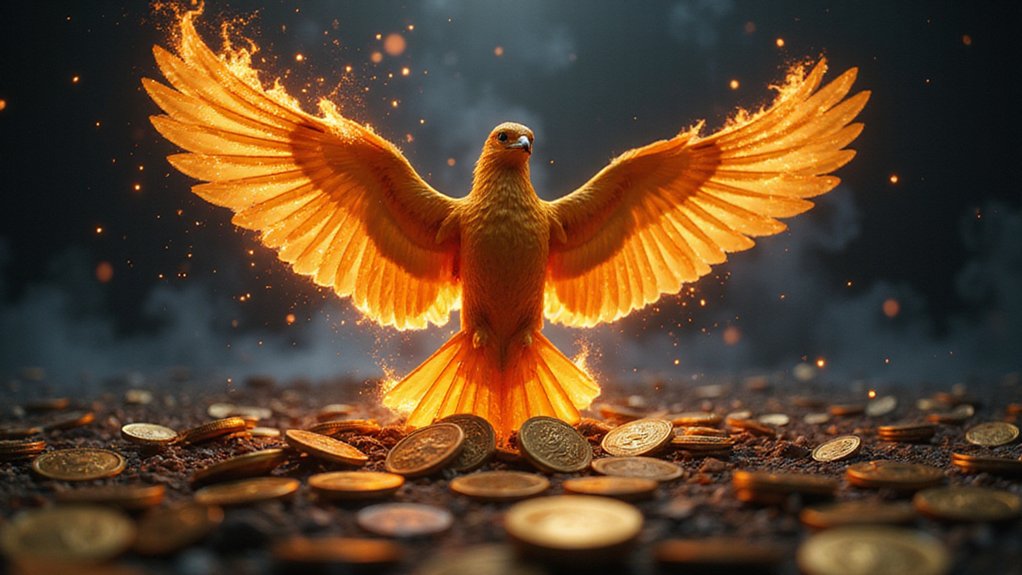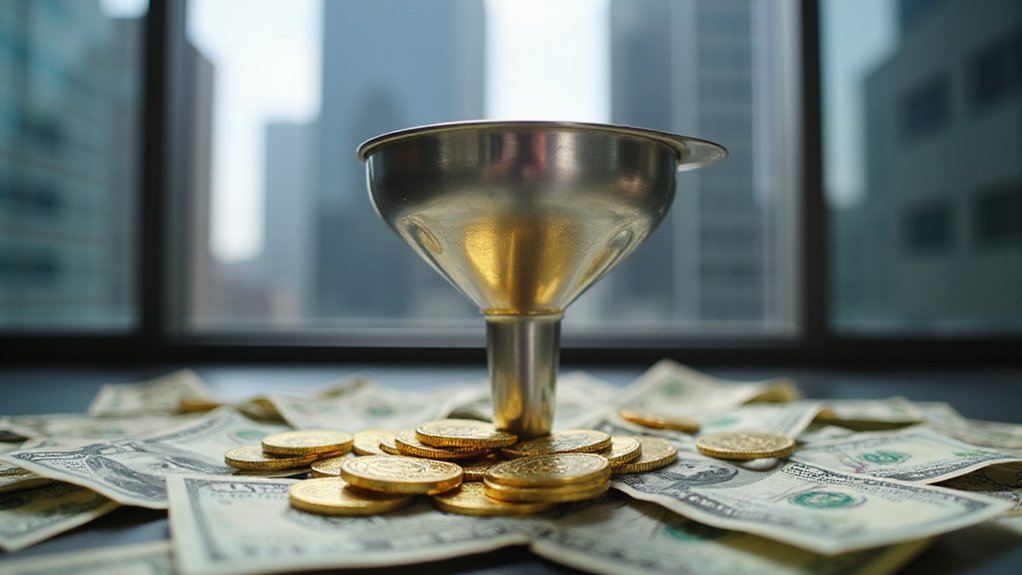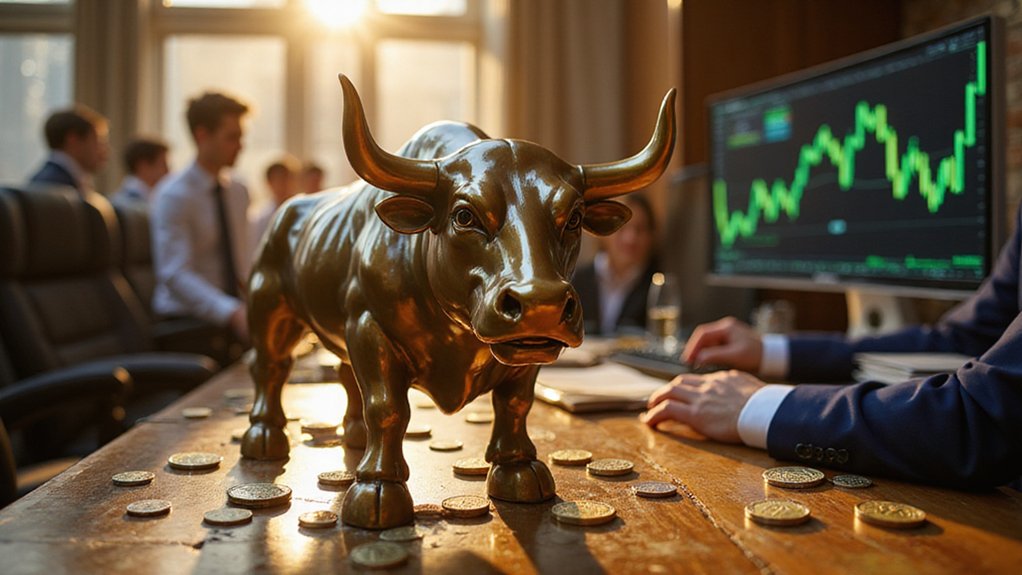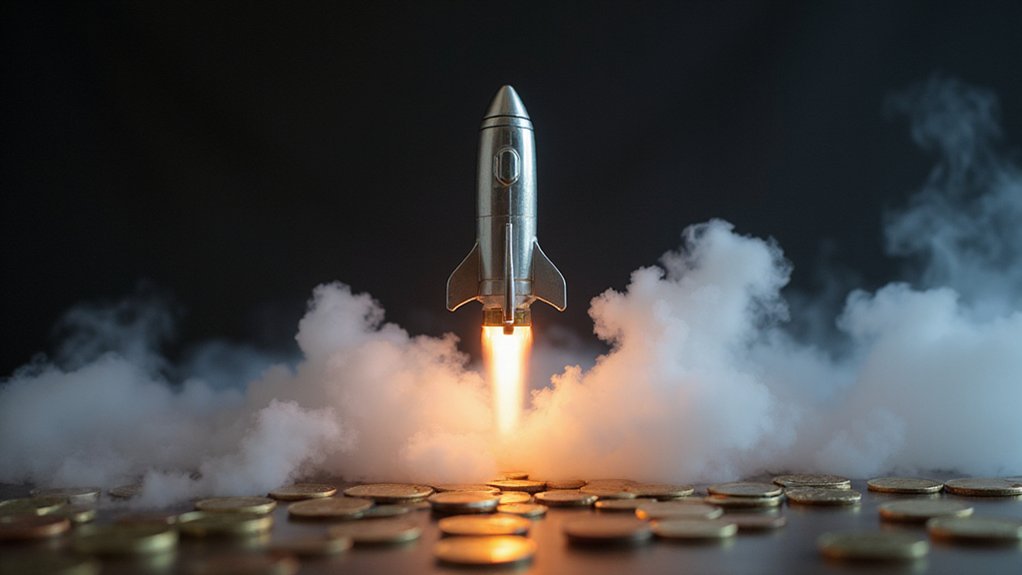How exactly does a private dinner at a golf club morph into an international ethics quandary? When that dinner serves as currency for cryptocurrency investments and grants face time with a former (and potentially future) U.S. president to primarily foreign nationals. Trump National Golf Club recently hosted what marketers dubbed “the most exclusive invitation in the world”—an auction offering the top 220 investors in Trump’s meme coin direct access, with the highest 25 receiving additional White House VIP tours.
The troubling arithmetic reveals at least 19 of the top 25 investors hail from foreign jurisdictions—Singapore, Hong Kong, and beyond. The largest stakeholder, cryptically known as “SUN,” maintains connections to a Seychelles-based exchange HTX, whose key figure Justin Sun (a Chinese national) faces fraud allegations. This arrangement effectively monetizes presidential access, transforming financial investment into political currency.
While the auction has proven lucrative—adding billions to Trump family holdings on paper and generating $1.3 million in trade fees—it has simultaneously triggered bipartisan alarm bells. Ethics watchdogs describe witnessing “corruption unfold in real-time,” with former Obama-era ethics experts labeling it an “ethics nightmare.” The anonymity afforded these foreign investors (some reportedly under U.S. law enforcement scrutiny) creates an accountability vacuum that senators argue poses national security implications.
The monetization of presidential proximity has created an ethics void where foreign money buys American influence through algorithmic anonymity.
The contradiction with Trump’s “America First” rhetoric couldn’t be more stark. Foreign nationals—whose identities remain shrouded—gain privileged access through financial mechanisms that circumvent traditional disclosure requirements. The high volatility of meme coins adds another layer of risk to this already ethically questionable arrangement. Protesters outside the venue held signs declaring “America is not for sale” as more than 100 demonstrators gathered at the Trump National Golf Club. Karoline Leavitt consistently framed the event as on president’s personal time, attempting to distance it from official White House responsibilities. Meanwhile, suspicious trading patterns noted by crypto analysts suggest the dinner auction may represent merely the visible portion of a more complex financial arrangement.
Congressional calls for investigation have intensified, with demands for transparency regarding who exactly trades the coin and why. This unprecedented melding of cryptocurrency speculation, presidential access, and foreign investment has transformed a seemingly innocuous dinner into what critics view as a commodification of American presidential influence—sold to the highest bidders, regardless of passport.
